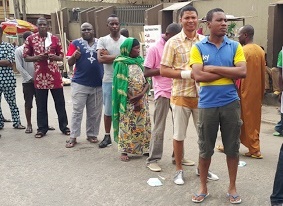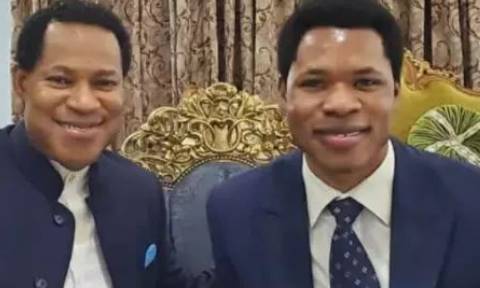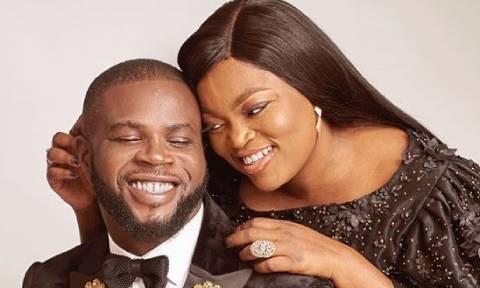
As we await the result of the presidential election, let us continue to sound it loud and clear, as Rev. Chris Okotie did in his Facebook piece, titled, A Message for Jonathan and Buhari, that the two political gladiators should accept the verdict with equanimity.
The admonition becomes imperative as the paradox of the structure of our politicking continues to baffle even the most optimistic watchers of events. This troubling trajectory means that the events of the days following the March 28 elections may be critical as we still have another round of voting on April 11, 2015. The heated campaigns have been worrisome to observers and we hope this process ends well.
With hindsight, we can say that our politician’s inability to resolve intra and inter party conflicts amicably is a serious flaw in our nascent democracy. The cheerleaders in this cesspit of murky politicking are the beneficiaries and cronies of politicians who have benefits at stake in this degenerate style of partisan politics.
6Also, aside this media gibberish that marked these campaigns, the dangerous trend of unruliness which the rampaging foot-soldiers and campaign trains have subjected the same electorate they are courting to, is in itself a show of absolute disregard for the people; Nigerians went through temporary lull in economic activities because of these elections, and one can only hope that whatever losses they have suffered is worth it at the end of the day.
Despite the ominous picture which these campaigns painted in the minds of the electorate these past weeks, voters must be wise and not be swayed by the ethnic and religious sentiments which have been some of the underlying emotions that the devisors of these calumny campaigns have adopted, as we go for the next round of voting.
Section 102 of the Electoral Act 2010 (As Amended) prohibits the employment of base sentiments as campaign or broadcasting tools.
Yet, it is ironic that despite this law, in full glare of the Independent National Electoral Commission, INEC, and the law various enforcement agencies, sectional and faceless support groups have openly deployed these emotions in their campaigns. A critical question in this vicious circle is this: Can our aspiring leaders who emerge out of the rummages of these elections stand shoulder-to-shoulder with their counterparts around the world with their uninspiring display of primitive politics? The answer is no!
After 16 years of a chequered and stagnant democratic run, what we need now is not a cunning sleigh of hands in relying on specious sentiments; to upstage opponents, rather, we need to be won-over with outlines and timelines of realistic re-structuring agenda on issues that affront the progress of our economy.
Okotie reminds us: “Politicians seeking elective offices are being asked questions about their record of public service; about their integrity; about their competence or lack thereof. It is a whole new ball game; a far cry from some previous elections when the outcomes were generally well known before the ballot was cast… We must see impact-driven growth and the evidence of our rising economic profile on our citizens. What we demand from our politicians is how to revamp the economy to achieve a strong, private sector-led growth; not how they would tear the nation apart if the elections don’t go their way”.
The Pastor-Politician rounded-up his message brilliantly: “Millions are going to vote because they want their lives changed or transformed, not because they expect to die in the exercise… Every Nigerian must therefore hear this loud and clear: go out and vote; and equally important, respect the outcome. Let the politicians receive this with equanimity and philosophical discernment”.
God bless Nigeria and Nigerians so that the labour of our heroes past must never be in vain.


















